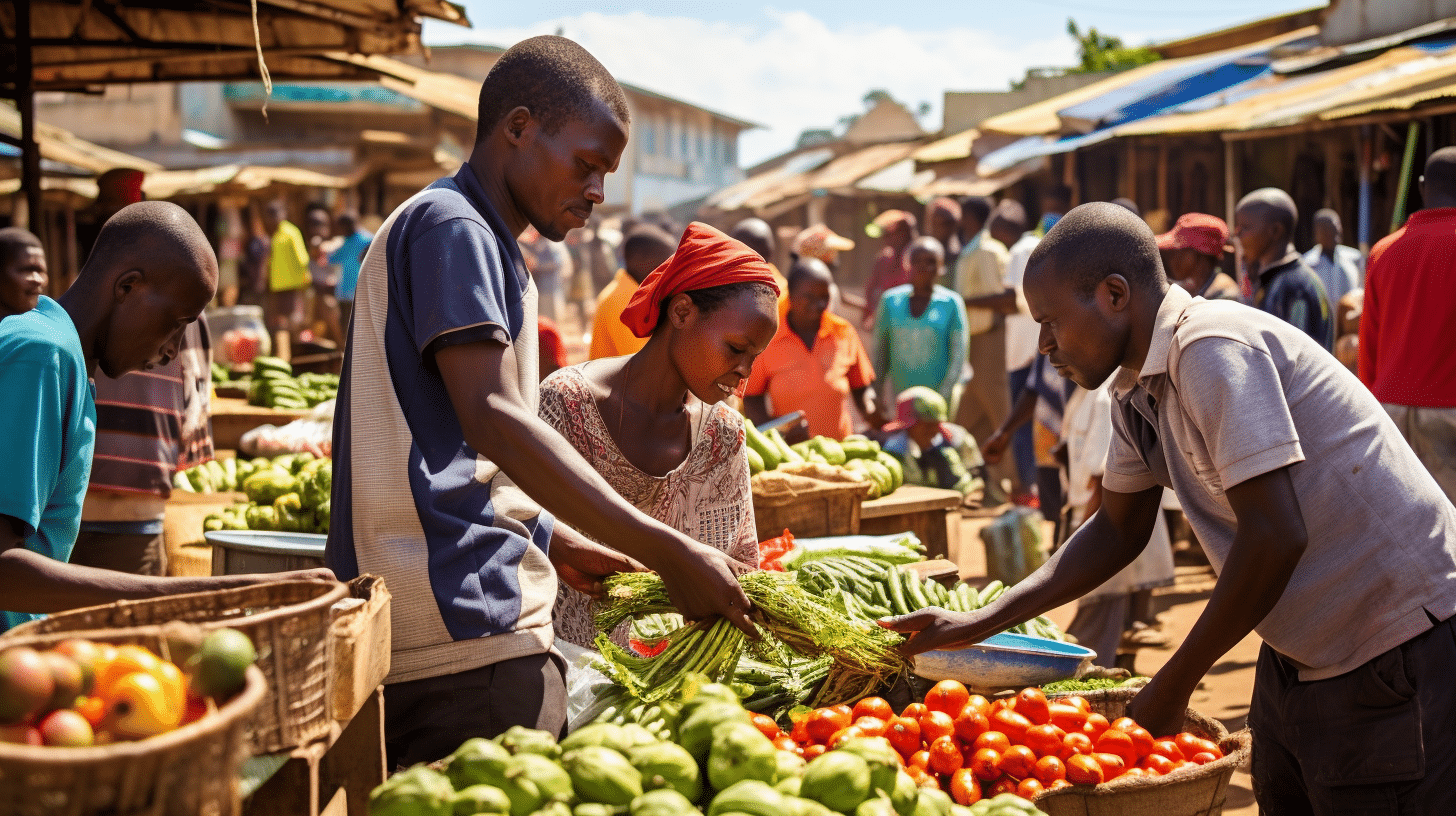The process of measuring the specific national income of Kenya has been a great challenge because of certain hindrances. However determining the specific national income is crucial to ensure that proper planning is done to improve on the country’s economic status.
Lack of information
Under all methods of measuring national income, there are problems and difficulties in finding all necessary information for example in Kenya, people may not be officially employed and some businesses are operated at personal and unregulated system hence the authority might not be able to compile this information in their data collection.
Errors and omissions
It is difficult to collect and calculate the exact figures. This is because people may hide what they earn and firms may hide their output so as to avoid paying taxes in what is known as the black economy. For example in Kenya, a firm might hide some of its output so as to evade taxes.
Problem of double counting
Only final goods and services should be included I national income accounting. But it is difficult to distinguish between final goods and services and intermediate goods and services. Intermediate goods and services are used to final consumption, for example I Kenya, maize can be consumed and it can also be processed to maize flour or to extract oil hence a possibility of double counting arises
Underground economy
It consists of illegal and unclear transactions where the goods and services are themselves illegal. For example in Kenya, drugs trade, prostitution and smuggling take place on daily basis and their income are not included in the national income hence it becomes difficult to determine the actual national income.
Transfer of payments
Individuals get pension, unemployment benefits and interest on public loans but these payments create difficulty in the measurement of national income. The earnings are the part of individual income and are also part of government expenditure. In Kenya, referees have a pension scheme where they are catered for.
Production of petty products
These are large numbers of petty producers and it is difficult to include their production to national income because they do not maintain any account. The jua-kali sector provides jobs and earnings for thousands of Kenyans, most of who are illiterate and with no accounts.
Changes in the value of money
This leads link to different figures of national income even if the real output may have changed, for example it is the problem of inflation in Kenya today. Due to price rise, the value of national income for particular year appears to increase even when the product decreases.



0 comments